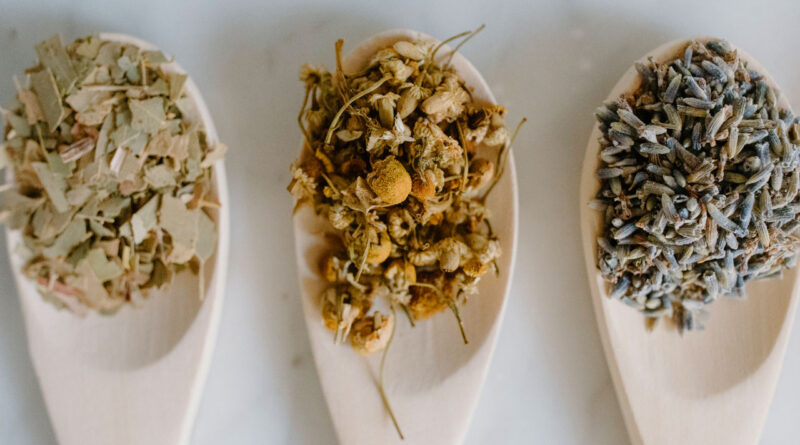The Healing Power of Herbs: 5 Natural Remedies to Try Today
Herbal remedies have been used for centuries to treat a wide range of health issues. From headaches and anxiety to digestive problems and insomnia, there are many natural herbs that can provide relief without the side effects of traditional medications. In this post, we’ll explore five powerful herbs with incredible healing properties and how you can use them to improve your overall well-being.
1. Ginger – Ginger has long been known as an effective treatment for nausea and vomiting. It contains anti-inflammatory compounds that help soothe upset stomachs and reduce pain. You can consume ginger in various forms such as tea or supplements, but it is also delicious when added to food.
2. Turmeric – This bright yellow spice is commonly used in Indian cuisine, but its benefits go far beyond flavor. Turmeric contains curcumin, which has potent antioxidant and anti-inflammatory properties. Studies suggest turmeric may be helpful in reducing joint pain, improving brain function, and even preventing cancer.
3. Chamomile – If you struggle with sleep or anxiety, chamomile could be just what you need. This gentle herb has a calming effect on the body and mind, making it ideal for promoting relaxation and better sleep. You can drink chamomile tea before bed or take it in supplement form.
4. Echinacea – Echinacea is often used to boost immune system function and fight off colds and other infections. While research suggests echinacea may not be effective against all types of viruses, it does appear to offer some protection against certain strains.
5. Milk Thistle – The seeds of milk thistle contain silymarin, a substance that helps protect liver cells from damage caused by environmental toxins and alcohol consumption. Milk thistle may also aid in weight loss efforts by helping regulate blood sugar levels and reducing inflammation.
To get the most out of these herbs, consider incorporating them into your daily routine. For example, start each morning with a cup of ginger tea or add turmeric to your favorite dish. You can also take chamomile before bedtime or try milk thistle supplements if you’re concerned about liver health.
While herbal remedies are generally safe, it’s always best to consult with a doctor before starting any new supplement or therapy. Some herbs can interact negatively with prescription drugs or cause adverse reactions in people with certain medical conditions. By working closely with your healthcare provider, you can ensure that you’re using herbs safely and effectively to promote optimal health and wellness.
Conclusion
Embracing the natural healing properties of herbs can be a transformative experience. Whether you’re looking to alleviate specific symptoms or simply improve your overall health, there are countless herbs available to support your journey towards wellness.
Click here for the Herbal Medicinal Guide: From Seeds to Remedies. This guide will show you how to turn these 10 plants into tinctures, ointments, salves, poultices, decoctions, infusions, essential oils —all in minute detail so you can follow our guide even if you’ve never made an herbal medicine in your life.




